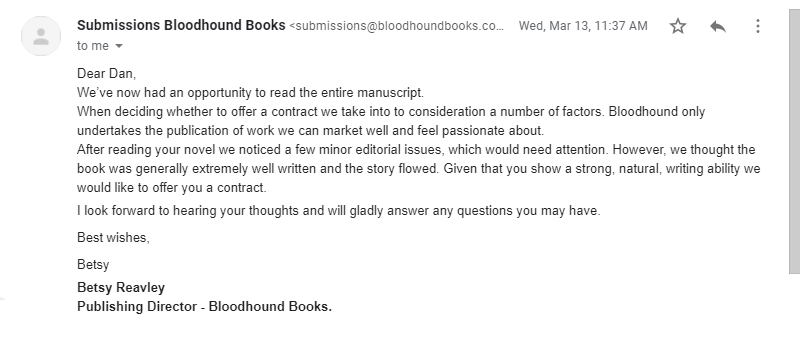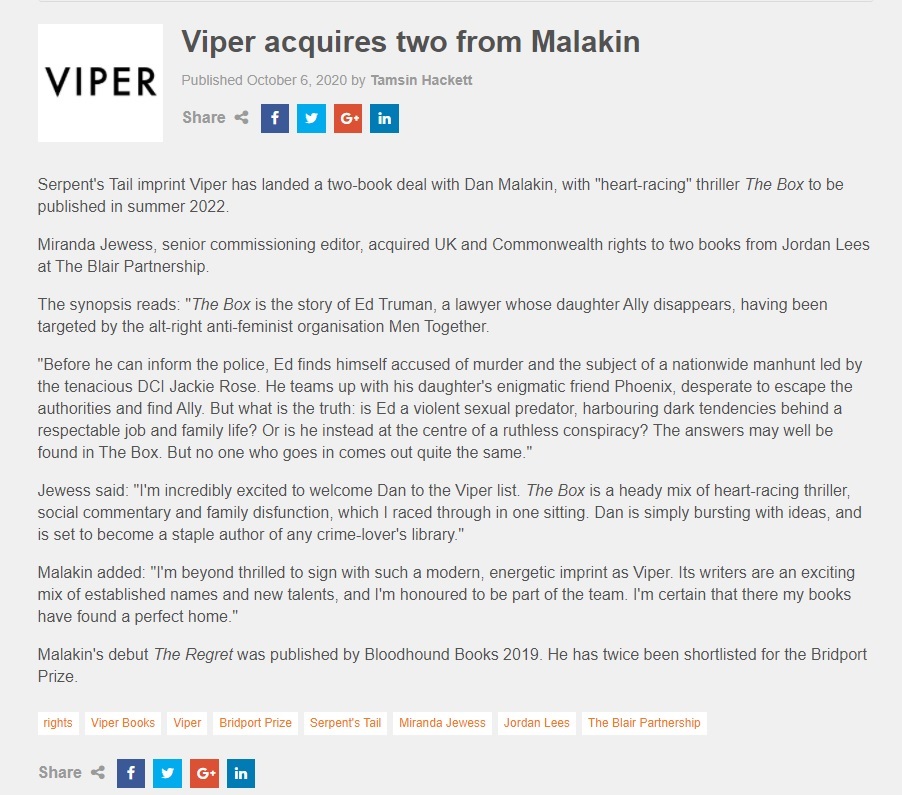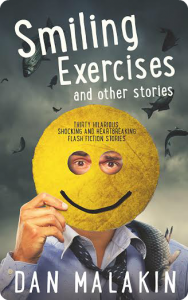


Notes on becoming a published writer
Notes on becoming a published writer
I’m always fascinated to hear about a writer’s path to publication. Seeing as my debut novel is coming out this week, I thought I’d share mine. With pictures.
I’d always scribbled things down, funny little tales, poems I pray have long been destroyed. So it didn’t feel wholly alien in January 2005 to start writing my first real short story, a Stephen King knock off called The Watchtower, about a wannabe writer who holes up in a deserted cabin to pen his opus. Cue haunting, delirium, an eternity of madness. As a metaphor for being a writer, I was pretty spot on.
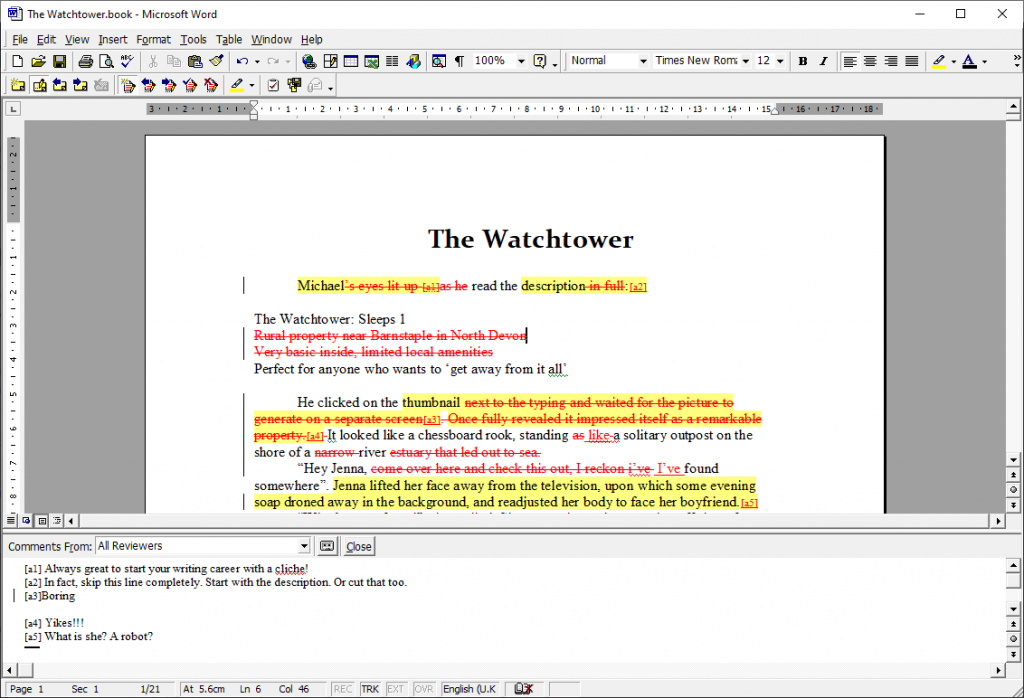
This should give hope to all writers just starting out on their journey: there’s no such thing as too shit. I like to think I’ve come a long way…
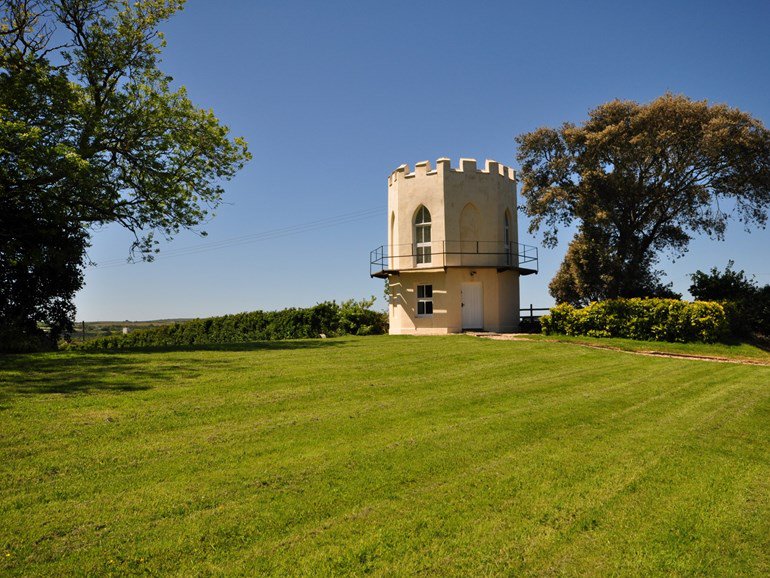
The difference this time was that I didn’t stop writing. In fact, over the next nine years I churned out over four hundred shorts stories, although admittedly at least two thirds of those were ‘flash fiction’ (a thousand words or less).
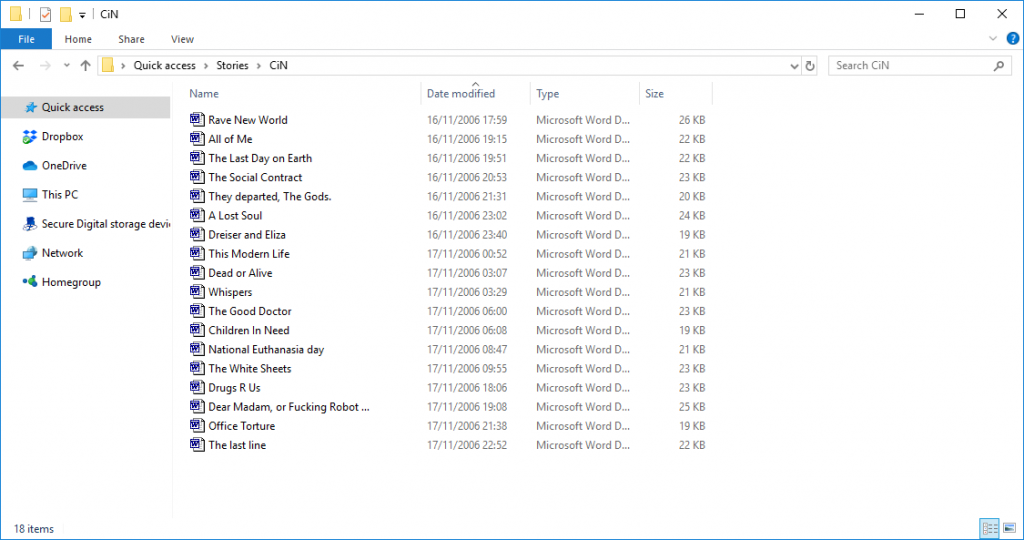
Many of those 400 stories were eventually published, and a couple were shortlisted for The Bridport Prize, which is a big thing in short story circles. Plugs, which was shortlisted in 2012, can be read right here.
Anyone interested in reading more can find plenty scattered around both the Internet and this website, and if you’d like to read them in a nicely produced book then my collection Smiling Exercises is still available on Amazon UK and Amazon USA.
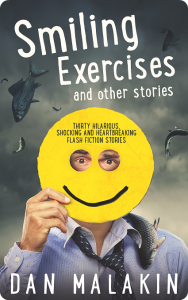
But while I enjoyed short stories, they were a way to improve my writing, to work out what I actually wanted to write; I moved between genres, sci-fi one day, comedy the next, punctuated with the occasional laboured attempt at something literary. They weren’t the end in itself. That had always been to write novels.
Sure, I’d tried. At least three times, maybe four… I’m not sure. I think one of them was so bad I’ve blanked out the memory. But they were rushed, barely coherent (and often not) mixing genres like I did with short stories. Practice novels, I called them, as I careened through the first drafts, only to hide them at the back of the hard drive moments after typing the final words, where they probably still remain, overgrown with pixels of moss.
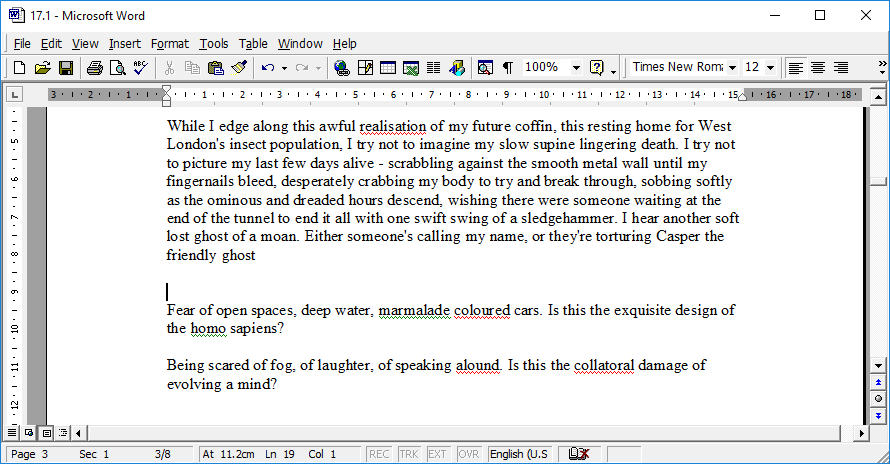
The truth is, I wasn’t sure what I was trying to achieve – and that was a problem. I couldn’t keep grafting this hard, while working full time, and trying to have some kind of everyday existence outside of writing. I was either going to write a novel I could sell, or I wasn’t. I gave myself five years.
The most important decision I made was switching exclusively to writing thrillers. I like plot and character: stories that surprise me, people I can care about. They’re the books I love to read and the ones I want to write. The first, a super-dark shard of dystopia called The Vaccine Slaves, about a virus that can only be cured by a hormone produced in the placenta during pregnancy, got far with a number of agents. But it was a gruesome subject, and didn’t fit into a single genre. A hard sell for a debut novelist.
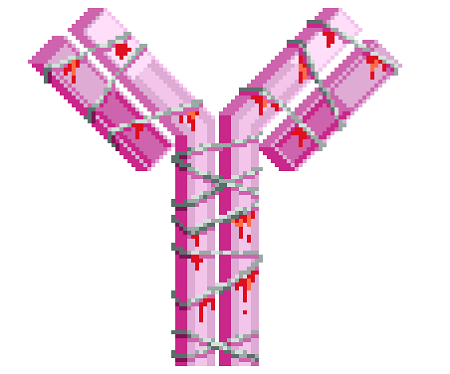
for The Vaccine Slaves
Still, it felt like progress, and I went into writing The Regret feeling confident. A year later, that confidence evaporated. I thought it was good book, more commercial than The Vaccine Slaves, but no one was touching it. As soon as you mention psychological thrillers, agents switch off. The market’s saturated. It’s like offering cheesecake to a table of diners who’ve just finished a ten-course meal. It could be the greatest cheesecake in the world, no one’s going to touch it.

All of that made it even better when Bloodhound contacted me, some fourteen years after starting that first short story, to say they wanted to publish The Regret, and to offer me a two book contract. The second is due out, gods of editing permitting, some time in late 2020.
